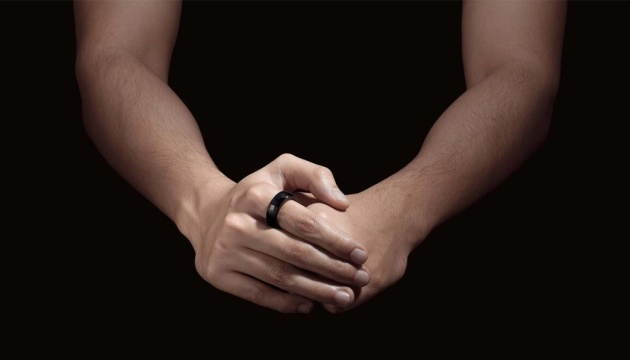“I can’t do anything for more than fifteen minutes without looking at my phone.” Based on this sentence, a few weeks ago we experienced the problems and concerns of a generation living “forever confused”. The repercussions of the report were profound and made us ask ourselves a question: Beyond the anecdote, beyond the general emotion… What about this lack of concentration in our memory, attention, and cognitive abilities?
Are cell phones changing us? Is the Internet changing us? The debate is not whether memory (attention or other cognitive abilities) changes with the use of mobile devices. This is unimportant. They change, if they change. And not only do they vary functionally, they do so at the structural level and at all levels. The same screens have dramatically changed our somatosensory cortex; that is, they changed the way we touch the world.
As Manuel Sebastián, a researcher at Complutense University’s Brain Mapping Unit, explains to us, “we know that text with links (hypertext) is generally worse remembered, which makes perfect sense because they create distractors and the role of attention is critical in remembering.”
Changes, changes and more changes. This has significant implications as long as we work in environments that are almost highly enriched and as such make it difficult for us to process and concentrate. And without concentration, memories become fragile. This happens at very basic levels, which also affects the memories we already have: When we choose to Google it instead of trying to remember information, we prevent such information from sticking to our memory.
But hey, that’s normal.. “Different processing of information is not necessarily a bad thing,” Sebastian told us. Our brain spends its life rearranging itself) and information technology has been influencing us since the first pictograms. In fact, as Chris Bird, professor of cognitive neuroscience at the University of Sussex’s School of Psychology, points out in The Observer, “We’ve always downloaded things like note-writing to external devices, and that has allowed us to do more complex lives externally to strengthen our thoughts or memory processes. “I don’t have a problem using devices. We do more, but it gives me time to concentrate, focus and remember other things.”
The problem is the possible consequences.. The problem is knowing if all these positive results have an associated issue. The clearest example is the hippocampus. This area of the brain is closely related to spatial orientation. In fact, the idea that London taxi drivers are overdeveloped is pervasive in the neuroscience world. But what happens if we stop needing to guide ourselves? What if we start disproportionately resorting to mobile maps and the hippocampus fails to develop?
First of all, because there is rarely anything in the brain that has a single use. “Decreased gray matter density in this area of the brain is accompanied by certain forms of dementia, as well as various symptoms such as an increased risk of depression and other psychopathologies,” said Oliver Hardt of McGill University in Montreal. We’re far from having a causal relationship, but if Hart is right, “the price could be a massive increase in dementia (and Alzheimer’s in the long run).” That is, as the world population ages, yes it is a problem.
Some of the results we researched… The problem, as always, is that knowing what we’re talking about isn’t easy. In the US, there is a study that monitors more than 10,000 children each year to find out exactly how the cell phone affects neurocognitive development. Early studies are clear: there is a relationship between cortical thinning and technology. What we don’t know for sure is what that means. First of all, because this weight loss is something that occurs naturally over time; So we don’t know if they mature earlier or age faster.
…but it won us a hand. After all, the mobile phone (computing in general) has taken over the world. It is everywhere, everywhere: there are very few people who are not involved in this massive social experiment. What if we discover that what we have lost using technology has not been compensated for as historically as it has been? It is true that there is currently no concrete data that compels us to confront this question; but the day when we need to act on this issue is getting closer and closer.
A few years ago, philosopher Antonio Diéguez argued that the idea that “you can’t open the door to the field” with regard to technology is more a political message about public relations and cross-interests than a reality. This seems to be the biggest challenge today: Developing the social mechanisms necessary to regain control over what is good and bad for ourselves.
Image | Mika Baumeister













